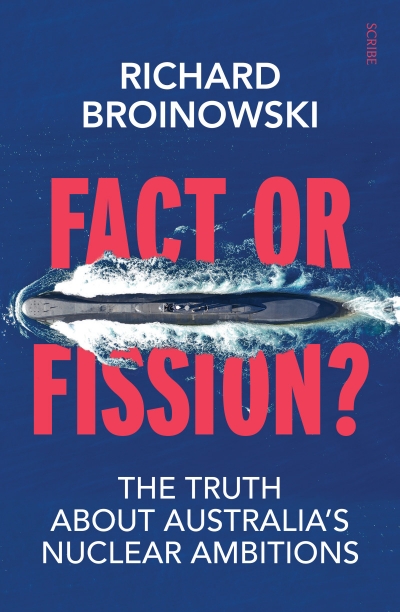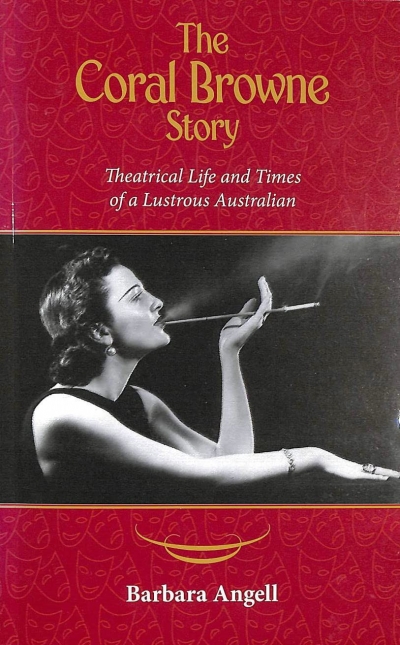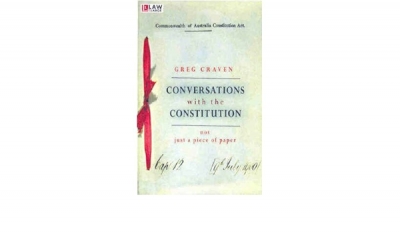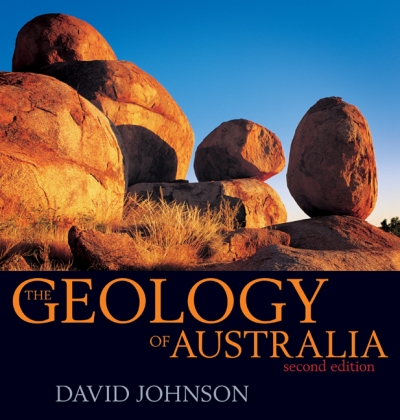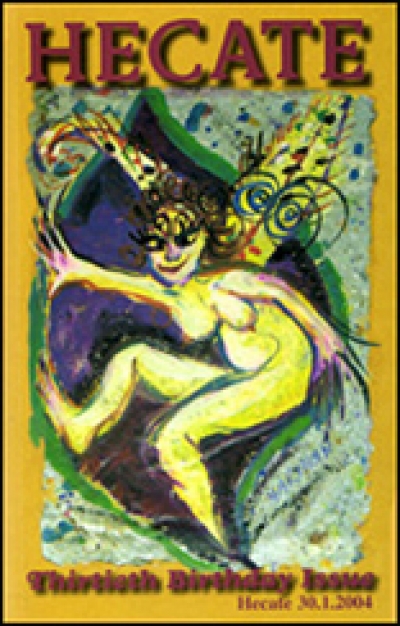Accessibility Tools
- Content scaling 100%
- Font size 100%
- Line height 100%
- Letter spacing 100%
Archive
The ABR Podcast
Released every Thursday, the ABR podcast features our finest reviews, poetry, fiction, interviews, and commentary.
Subscribe via iTunes, Stitcher, Google, or Spotify, or search for ‘The ABR Podcast’ on your favourite podcast app.
‘Where is Nancy?’ Paradoxes in the pursuit of freedom
by Marilyn Lake
This week on The ABR Podcast, Marilyn Lake reviews The Art of Power: My story as America’s first woman Speaker of the House by Nancy Pelosi. The Art of Power, explains Lake, tells how Pelosi, ‘a mother of five and a housewife from California’, became the first woman Speaker of the United States House of Representatives. Marilyn Lake is a Professorial Fellow at the University of Melbourne. Listen to Marilyn Lake’s ‘Where is Nancy?’ Paradoxes in the pursuit of freedom’, published in the November issue of ABR.
Recent episodes:
Living in Shanghai late last year, I found myself one evening around a banquet table with a large group of expats – writers, journos, academics – in one of the city’s pricier Chinese restaurants. I don’t remember how the conversation steered toward Cuba and Castro, but, before long, there were coos of admiration and toasts to the hero of the Cuban revolution.
... (read more)No chick non-fic lit
Dear Editor,
Aviva Tuffield’s review of my book, Beyond the Ladies Lounge (ABR, December 2003/January 2004), sends disturbing mixed messages that. I believe, require further dialogue. Tuffield acknowledges that the book is ‘a fine scholarly work’ and an ‘important contribution to Australian history’ by a writer with ‘evident skills’. She grants that the work ‘adds complexity’ to both the historical record and certain theoretical paradigms. Yet Tuffield is evidently perplexed that this ‘thesis-turned-book’ should be ‘brilliantly promoted’ and ‘engulfed in a haze of marketing’.
My apologies if Tuffield expected to snuggle up with a ripping good yarn on a sexy topic only to find herself trawling through an argument-driven work of scholarship, complete with notes and manifest historiography. No one is more aware than I that BLL is not a page-turner. Given Tuffield’s concern that BLL ‘feels like a missed opportunity’, she might be interested to know that I did in fact have ample interest from commercial publishers to produce a ‘narrative history’ in keeping with the ‘current vogue’ that Tuffield identifies. Though tempted. I decided to reject these advances (and, no doubt, far flashier marketing campaigns than a university press can offer) in favour of publishing a ‘harder’, more analytical book. My instinct was that the iconic status of the subject matter (pubs) and the ground-breaking nature of the research (women mostly ran them) required the legitimacy of scholarship in order to be taken seriously by academic and popular audiences alike. The sort of anecdotal, biographical, interview-based book about women and pubs that Tuffield would have preferred could too easily have been dismissed as ‘chick non-fic lit’. My aim was to produce a book that had crossover appeal; a detailed laying out of the historical evidence, written in a direct and accessible style.
... (read more)Fact or Fission?: The truth about Australia's nuclear ambitions by Richard Broinowski
The Coral Browne Story: Theatrical life and times of a lustrous Australia by Barbara Angell
In The Australian’s Higher Education Supplement of 3 November 2004, Louise Adler of Melbourne University Publishing argued that young scholarly writers have been ‘abandoned by the academy’. Tom Griffiths replies to her article, which was titled ‘Let’s End This Dissertation Dissipation’:
... (read more)Conversations With The Constitution: Not Just A Piece Of Paper by Greg Craven
Welcome to our many new subscribers who have joined us in the past couple of months, including a large number in NSW and the ACT, further evidence (if we needed it) of the value of our new partnership with the National Library of Australia. We hope you enjoy the September issue.
... (read more)Life shivers between yourself and us: help us to stretch
toward the kingdom of our burrows in the earth: we’ll never occupy
again the silk-soft that was a womb, but we wander the night grass with you,
searching for a tenderness, an innocence at birth: until the quiet winds cut
the quiet breath from your mouth and your hindquarters stamp, Quickly, I must go —
... (read more)

